Internal Combustion Engines Test Room
Introduction
According to the increase of air pollution and decrease of energy resources, the study in the field of internal combustion engines has always been considered. One method of studying internal combustion engines is experimental study, so an internal combustion engine laboratory is always needed.
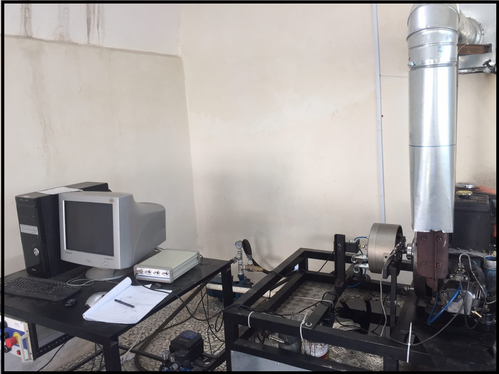
Internal combustion engine laboratory in the Sea Base Energy Research Group, allows the user to use the available equipment such as in-cylinder manometer, hydraulic dynamometer and common rail system to evaluate performance and emissions of all types of internal combustion engines (Gasoline, Diesel, Homogeneous Charge Compression Ignition (HCCI) And Reactivity Controlled Compression Ignition (RCCI)).
Dynamometer
Dynamometer is one of the most important equipment in the engine test laboratory. This device is used to measure torque and engine speed and in tests, allows the user to apply a load on the engine. The internal combustion engine laboratory of Noshirvani University of Babol uses a hydraulic dynamometer with a power of 100 hp.
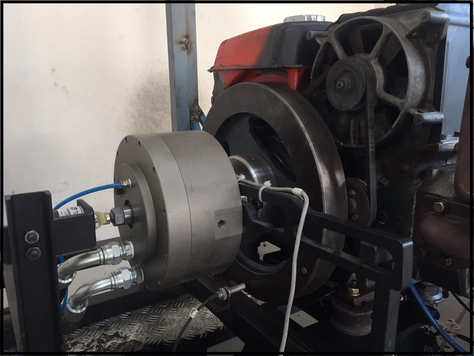
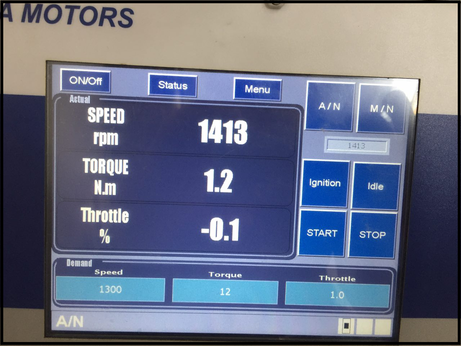
Pressure Gauge
One of the most important parameters for analysis in internal combustion engines is the pressure inside the cylinder. Inside the cylinder, the rate of heat release, ignition delay, ignition start time, and other parameters can be measured by in-cylinder pressure. In-cylinder manometers are generally piezoelectric. This laboratory uses a piezoelectric manometer and piezoelectric amplifier from Kistler.
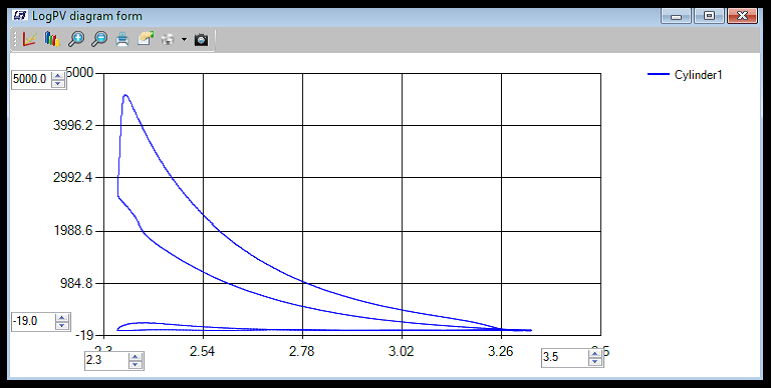
Numerical simulation
Another activity performed by the Sea Base Energy Research Group is the simulation of internal combustion engines using thermodynamic and computational fluids software such as GT-POWER, AVL fire, CHEMKIN, AVL BOOST and MATLAB.
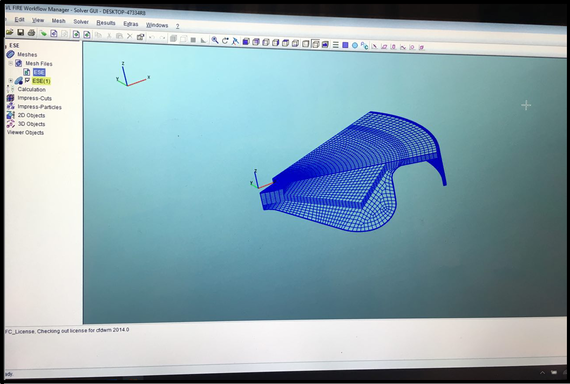
Internal combustion engine test room capabilities
- Performance and pollution testing of various combustion engines
- Investigation of the effect of fuel injection in diesel engines with the help of common rails
Services can be provided by an expert team
Investigation of performance and emissions of various combustion engines
Consulting in the field of combustion and emission control with the help of laboratory equipment and computer simulation
Installation location
Sea Based Energy Research Laboratory, Ground floor of Mechanical Engineering Department.